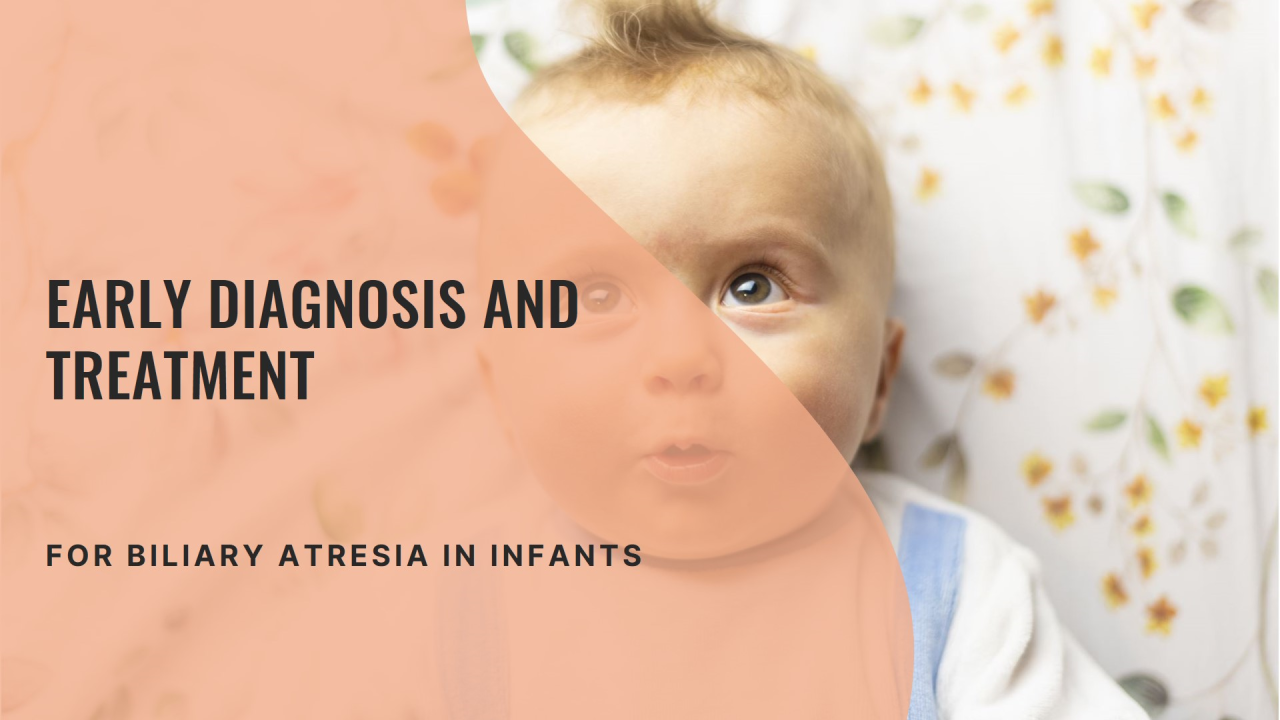
DiYES International School – Biliary Atresia in children is a rare but serious liver disease that affects newborns. It occurs when the bile ducts in the liver become blocked or absent, preventing bile from draining properly. Bile is a digestive fluid produced by the liver that helps break down fats and remove waste. When the bile ducts are obstructed, it can lead to liver damage and other severe health problems. Early diagnosis and treatment are critical in managing this condition.
Biliary Atresia is a condition where the bile ducts in the liver are either blocked or underdeveloped. This blockage prevents bile from flowing from the liver to the gallbladder and small intestine. As a result, bile builds up in the liver, causing damage. The condition can lead to jaundice, liver failure, and other complications if left untreated.
This disease is most commonly diagnosed in infants, typically within the first few weeks or months of life. It is not inherited but occurs as a developmental abnormality during pregnancy. The exact cause of biliary atresia remains unclear, though some studies suggest that it may involve a viral infection or an immune system problem.
Parents should watch for certain signs and symptoms that may indicate biliary atresia. The most common symptom is jaundice, a yellowing of the skin and eyes. This occurs when bile accumulates in the liver and spills into the bloodstream. Other symptoms may include:
These symptoms often appear within the first two to eight weeks of life. If you notice any of these signs in your baby, it is crucial to seek medical attention immediately.
“Read about: Preventing Syphilis Transmission to Your Baby: Key Facts for Expecting Mothers”
To diagnose biliary atresia, doctors typically perform a series of tests. The first step usually involves blood tests to check liver function. A liver ultrasound or imaging test may also be conducted to visualize the bile ducts. If these tests suggest biliary atresia, a liver biopsy is often performed to confirm the diagnosis. In some cases, a procedure called a Hepatoportoenterostomy (Kasai procedure) may also be used to determine whether bile ducts can be surgically reconstructed.
Treatment for biliary atresia typically involves surgery, and the earlier the treatment, the better the chances of success. The primary treatment is the Kasai procedure, a surgery that connects the liver to the small intestine. This procedure aims to allow bile to drain and prevent further liver damage.
In some cases, the Kasai procedure may not be successful, and liver transplantation may be needed. Liver transplants can be performed if the liver has already suffered significant damage or if the Kasai procedure fails to improve liver function. The success of the surgery depends on how early the condition is diagnosed and how well the liver responds to treatment.
“Read more: Lactose Intolerance: How It Affects Digestion and How to Cope”
Living with biliary atresia requires ongoing care and monitoring. Children who undergo the Kasai procedure will need regular follow-up appointments to monitor liver function and growth. They may also require medication to manage symptoms and prevent complications. In cases where a liver transplant is needed, parents will need to navigate the process of organ donation and the transplantation procedure itself.
Moreover, children with biliary atresia may face long-term challenges. These children may be at risk for developmental delays, growth issues, and liver-related complications. However, with proper care and medical intervention, many children with biliary atresia can live healthy lives.
Caring for a child with biliary atresia can be overwhelming for families. Support groups and organizations offer valuable resources for parents. Connecting with other families who are dealing with similar challenges can provide emotional support and practical advice. It is essential for parents to work closely with their healthcare team to ensure their child’s health is closely monitored and that treatment plans are followed.
Families may also benefit from counseling services to help manage the emotional and psychological stress associated with a chronic illness. Coping with the complexities of biliary atresia can be challenging, but with the right support system, parents can help their children thrive.
Biliary atresia is a serious condition that requires early diagnosis and intervention to prevent liver damage. By recognizing the symptoms and seeking medical care quickly, parents can ensure that their child receives the best possible care. With the right treatment and support, children with biliary atresia can lead happy, healthy lives.